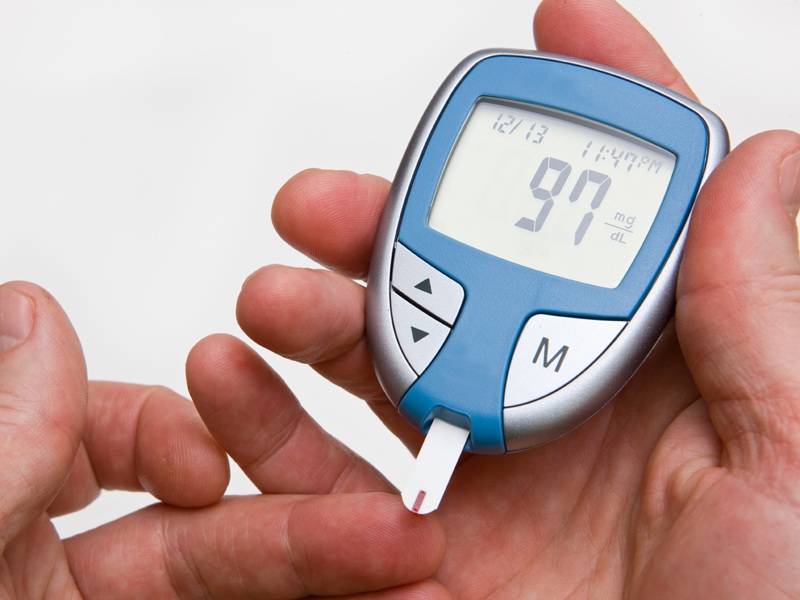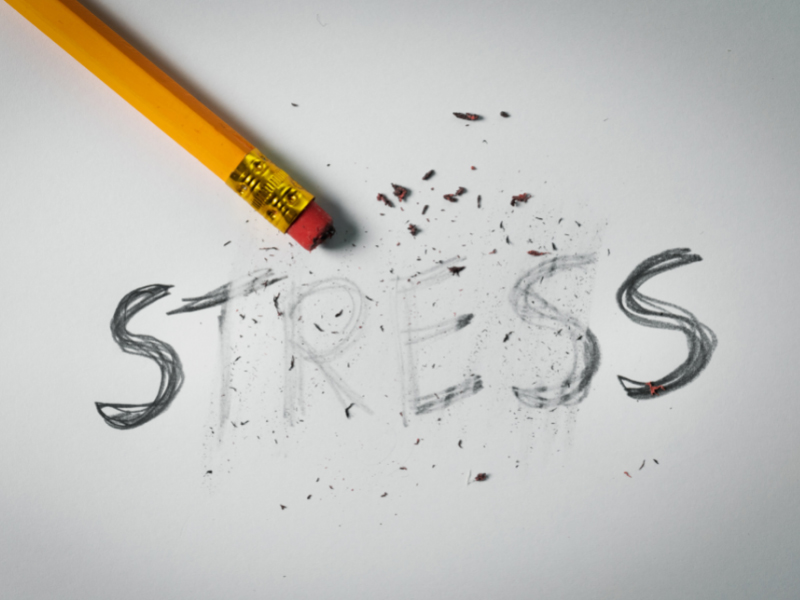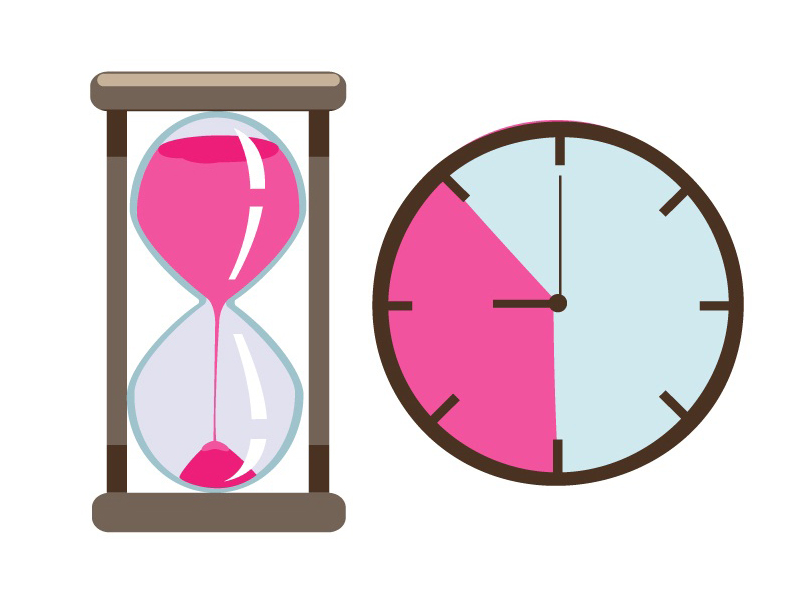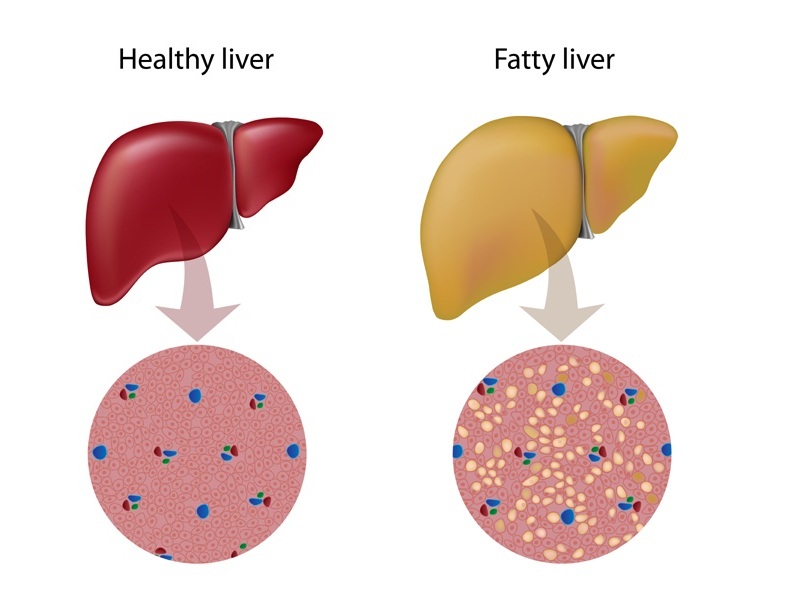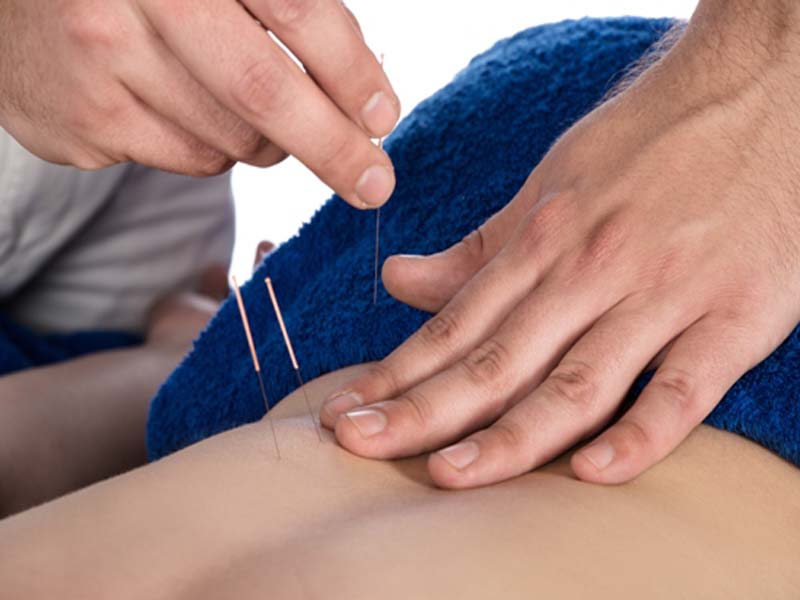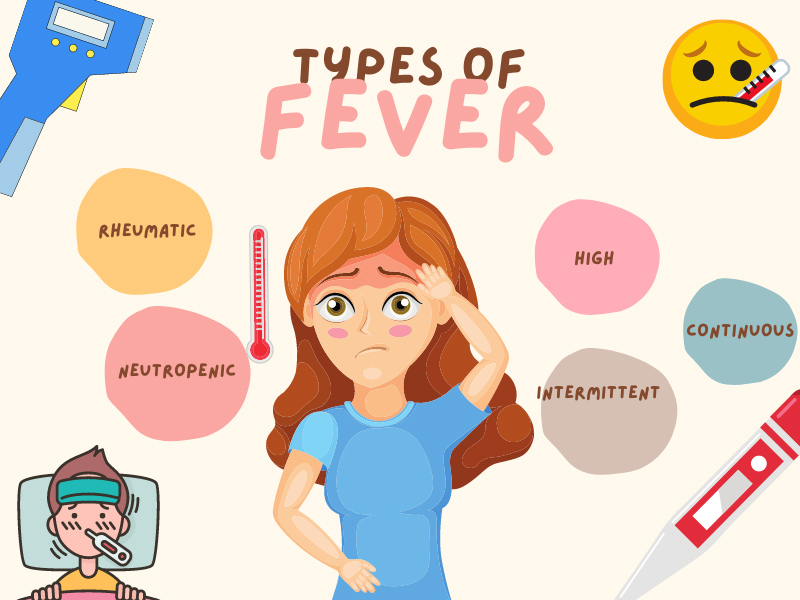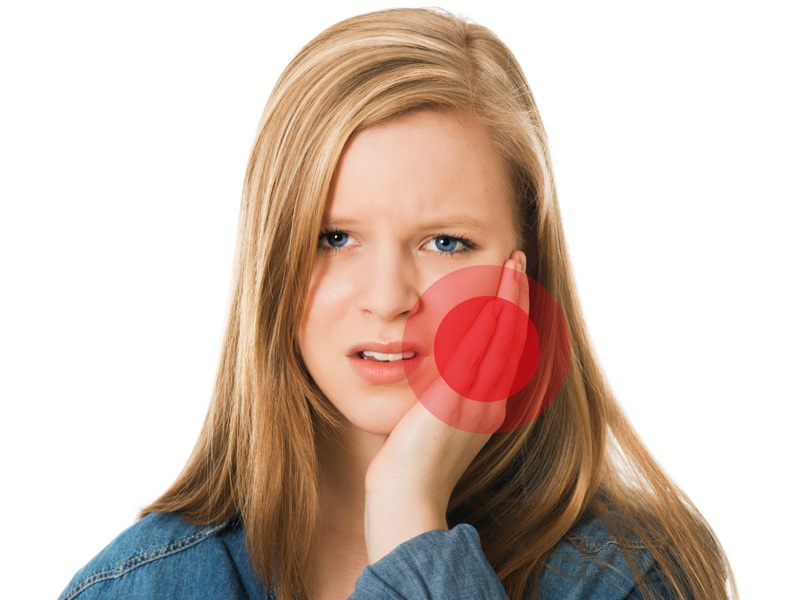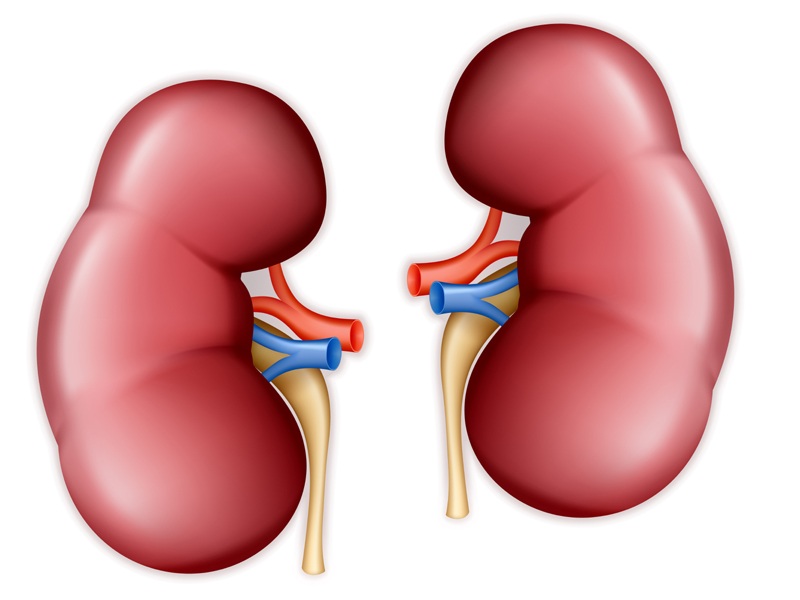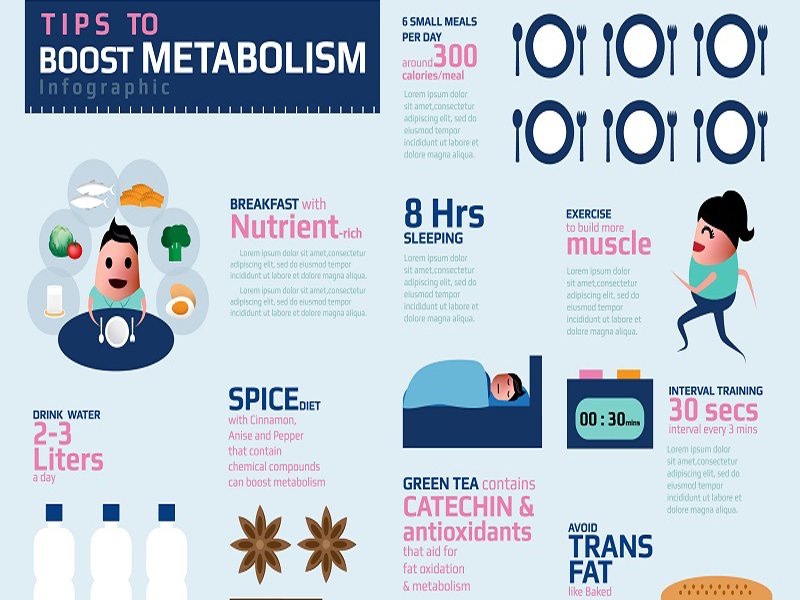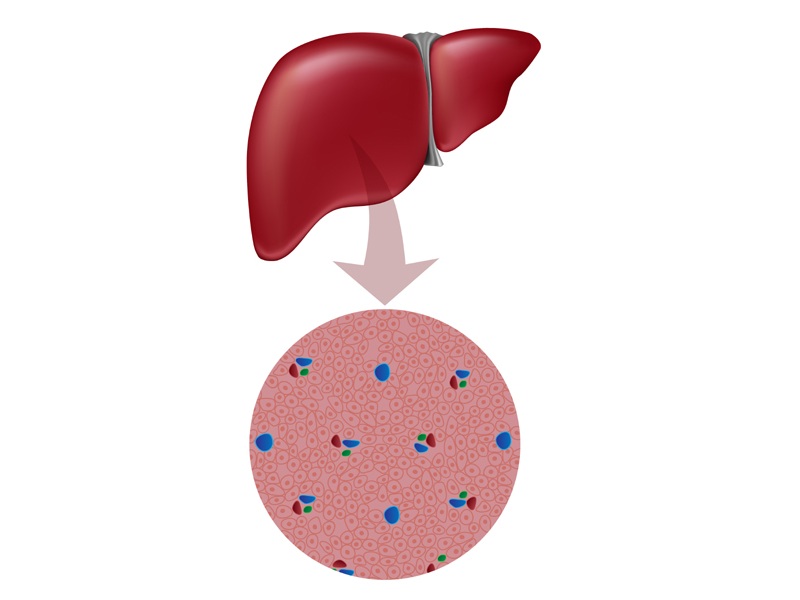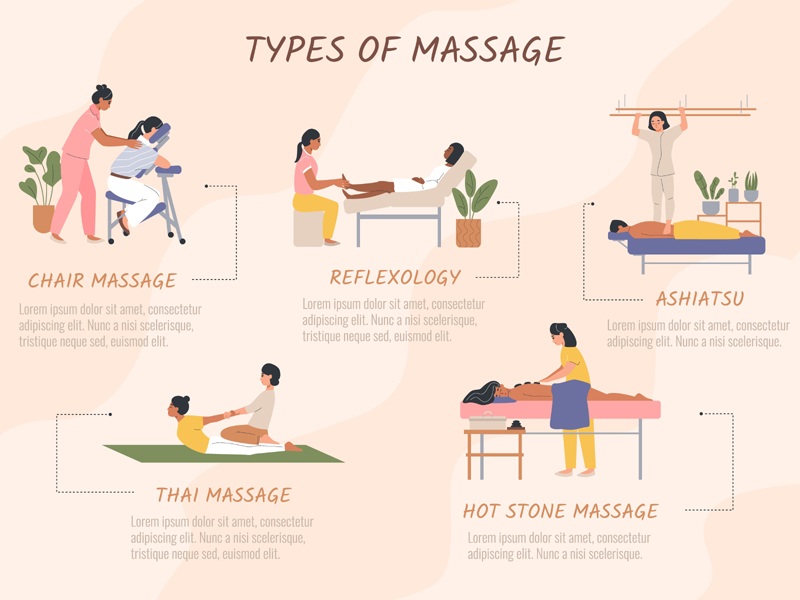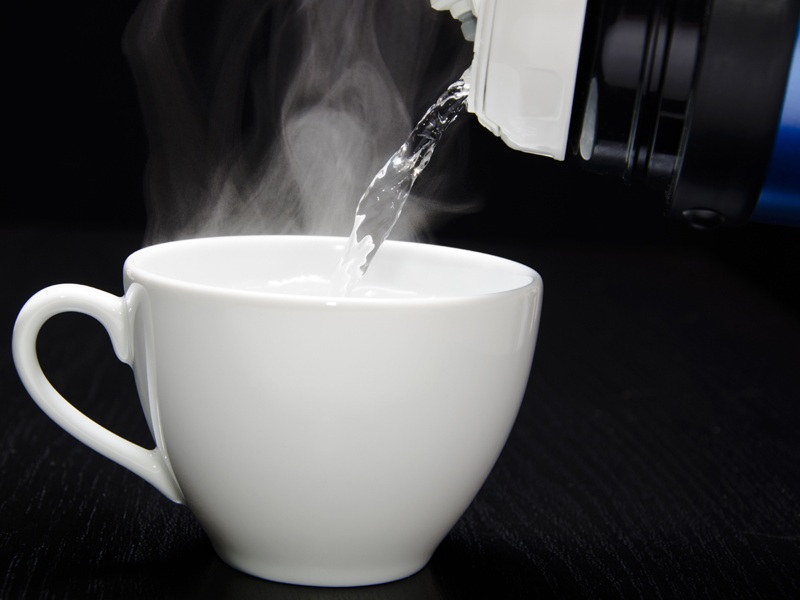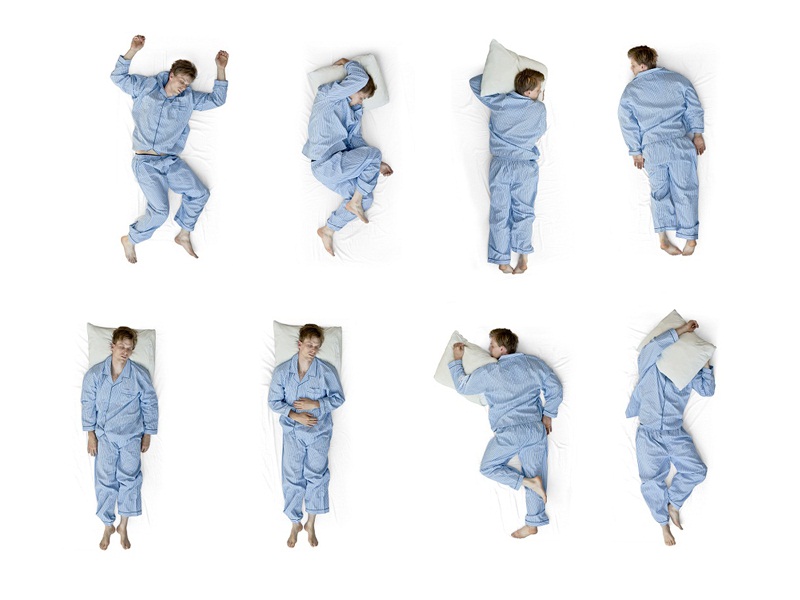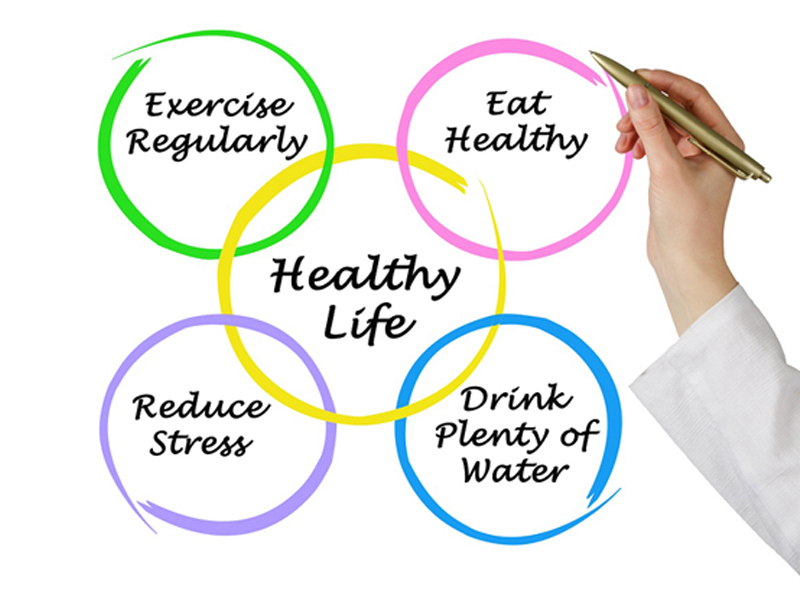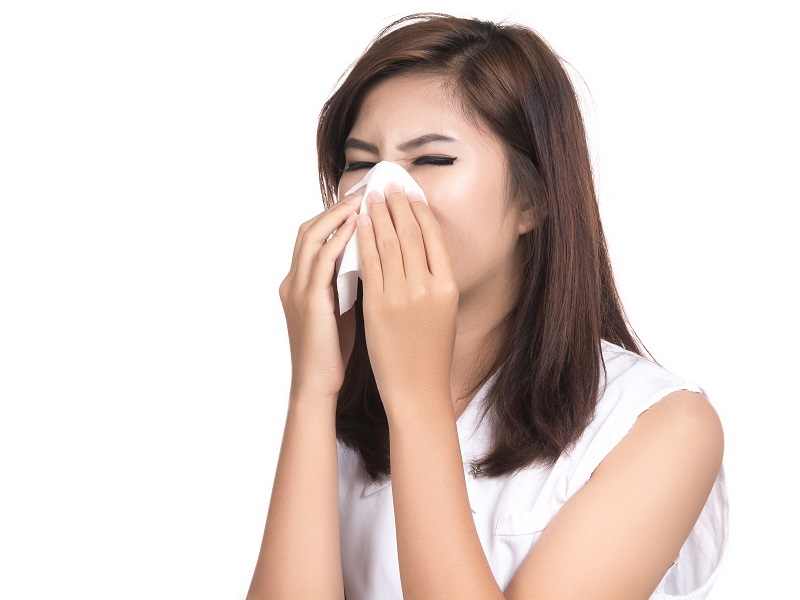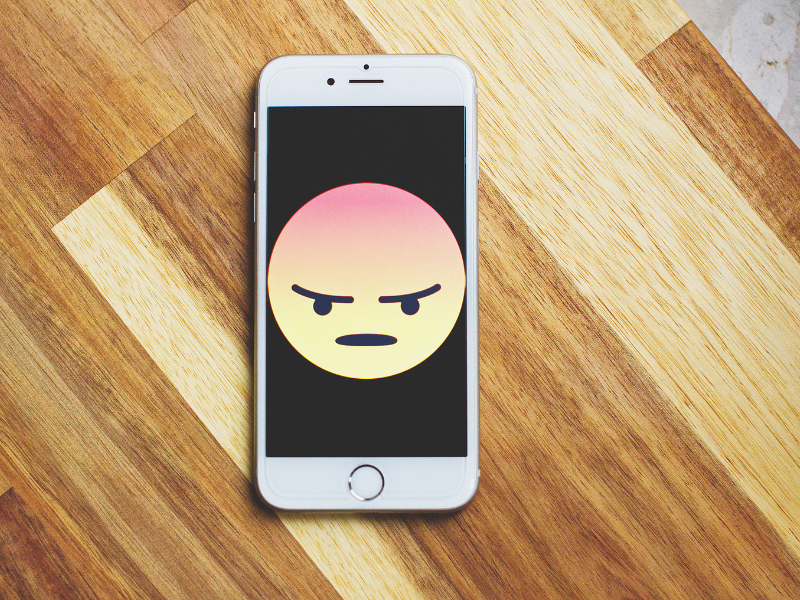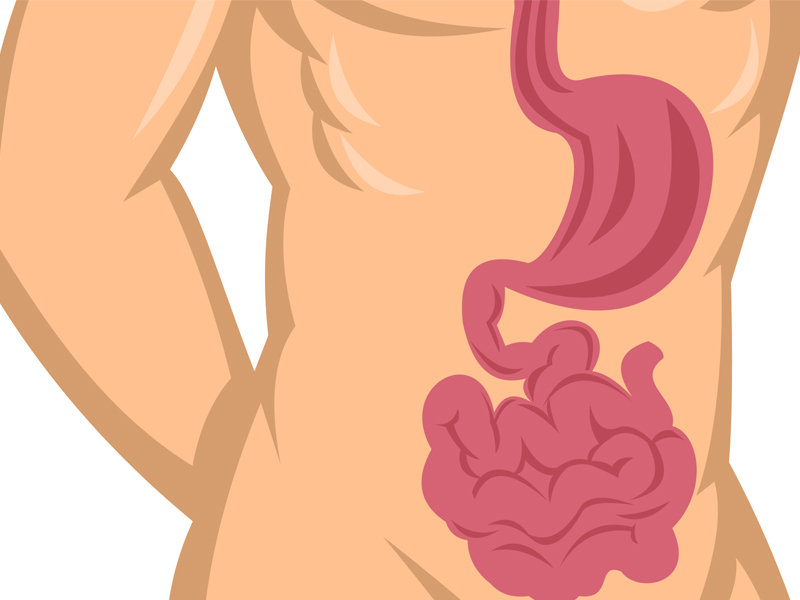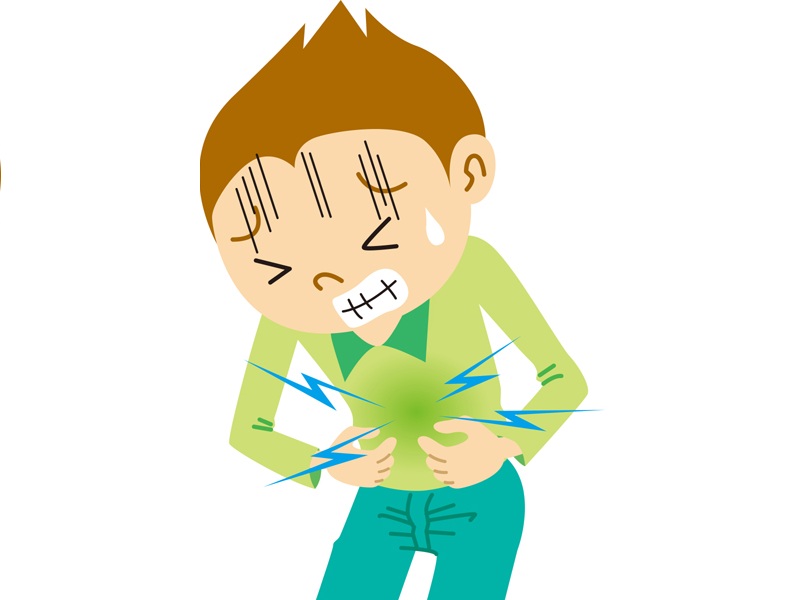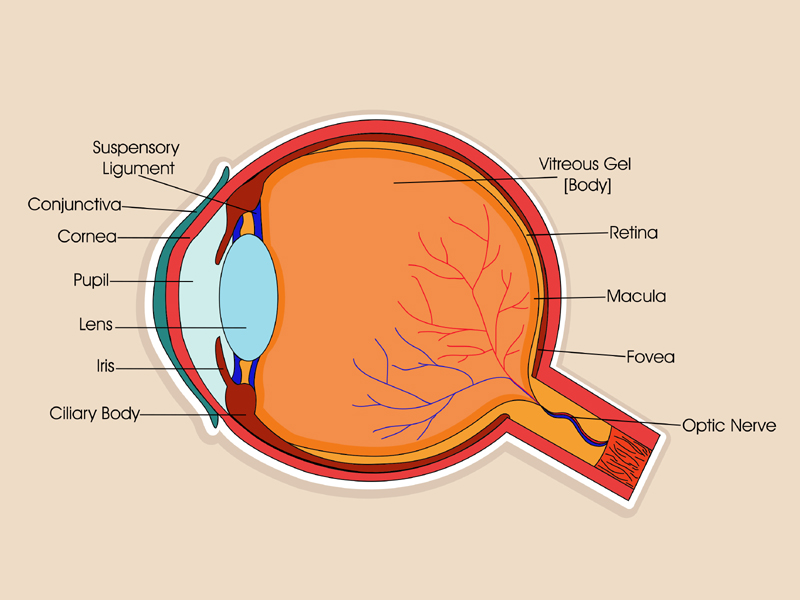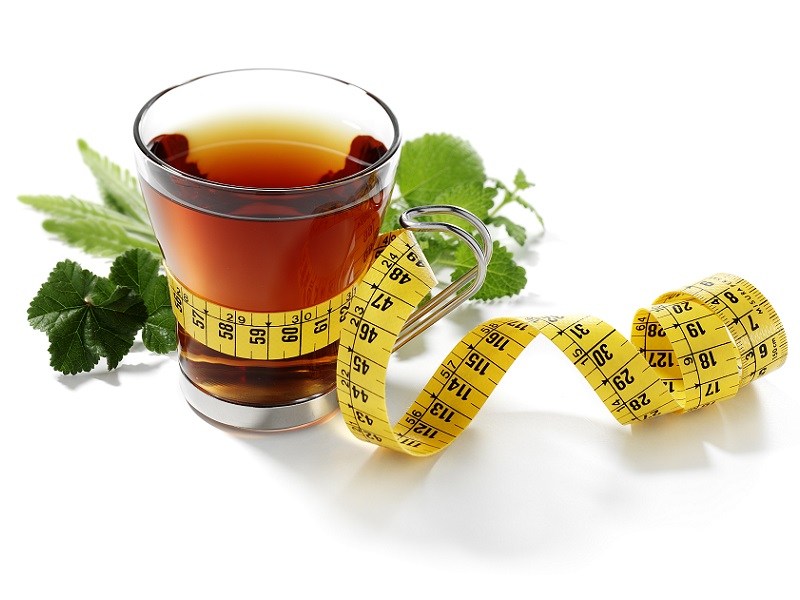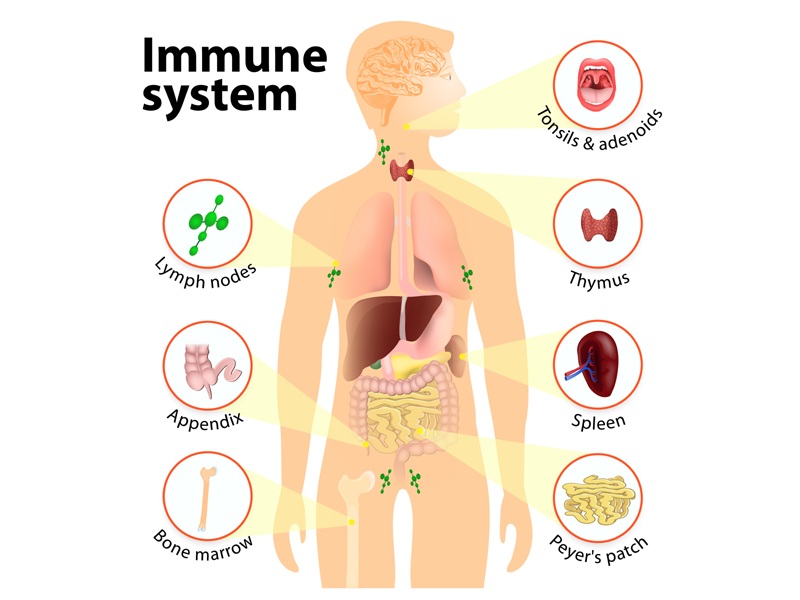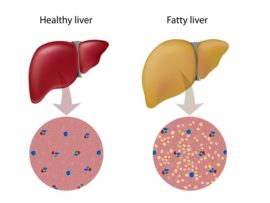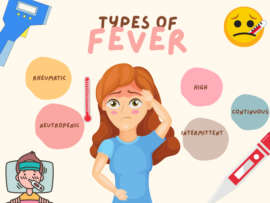Do you feel stressed out for every small thing? Well, you are not alone in this struggle! Stress is a global problem that affects more than 80% of the world population. Studies also show that ‘stress’ is the most searched keyword on Google in the past few months, indicating its seriousness. Fortunately, there are many self-help techniques on how to reduce stress, which uses a combination of physical and mental relaxation therapies.
You can experiment with them to know what works the best for you to get back your happy and productive life! So, ready to settle matters with this invisible psychological demon?
Read along!
How to Reduce Stress at Home Using Simple Techniques?
If you find yourself worrying about every small or big thing in your life, these 20 stress management tips may help you overcome the problem:
1. Identify the Root Cause:
The first way to eliminating stress from your life is to identify what is causing it. Maintain a journal to note down all your thoughts and feelings that are stressing you out. It could be noisy children around you or your boss or may be your prolonged work schedule. Once you know the cause, you can speak to the related parties or find out a possible solution to get rid of the problem. For example, you can keep your kids engaged in some activities or adjust your timings for better work-life balance.
2. Eat Healthy:
Did you know that certain foods you eat can trigger stress and anxiety? Yes! Foods that contain high amounts of sugars, carbohydrates, caffeine and alcohol can cause your blood pressure to go high and in turn increase the feelings of stress. This is why you must switch to a healthy diet that comprises of stress-relieving foods like fruits, omega-3 rich fish, nuts, whole grains, vegetables, cereals etc. These foods work by promoting healthy blood flow to the brain, lower nutritional deficiencies and decreasing the secretion of stress hormones.
3. Drink Herbal Tea:
One of the ways to lower stress levels quickly is to drink some soothing herbal tea. Research shows that teas brewed with certain herbs like peppermint, lavender, chamomile, passion flower, tulsi, fennel etc. are known to have mind-relaxant properties. These beverages also work have anti-anxiety and anti-depressant effects that can calm down your nervous system and make you feel at ease again.
4. Inhale Essential Oils:
Aromatherapy is an excellent solution to manage stress naturally. It comprises of many plant-based essential oils which have calming effects on the body and mind. Inhaling the scent of certain essential oils like lavender, bergamot, lemongrass, orange, Ylang-Ylang etc. is known to bring down the cortisol levels (stress hormone), thereby reducing the feelings of stress, anxiety and depression.
NOTE: You must never sniff the vapors of concentrated essential oils directly. Add a few drops of these oils to carrier oil and spray it on your clothes or your pillowcase. You can also use an essential oil diffuser to create a positive environment at home.
5. Listen to Music:
Music can help you cope up with stress by having a positive effect on the mind. Listening to soothing music like chanting, nature flow, mild beats, Omkara etc. can make you feel relaxed instantly. However, certain people find high-intensity and fast music to be more effective as it makes them feel active and energetic. As long as the music is not too loud (which can worsen your stress), you can use it as a wonderful stress management technique.
6. Cultivate Spirituality:
One of the ways to overcome stress at home, particularly among the elders, is to cultivate a spiritual routine. Spirituality has nothing to do with any religion! It can be as simple as meditating and connecting yourself to the divine power that you believe in. Another way to do it is by visiting prayer places like temples, mosques, or churches, wherever you find peace and calm. Interacting with people who share your spiritual ideologies can also do wonders to experience a positive state of mind.
7. Indulge in a Physical Activity:
As a natural stress response system, our body produces high amounts of stress hormones called adrenaline and cortisol to make us “fight or flight”. However, when you don’t undergo any external threat, these hormones can wreck your nervous system and increase blood pressure. To neutralize this effect, you must take up any physical activity like walking, exercise, jogging, swimming etc. They help in releasing feel-good hormones in the body and metabolizing stress hormones to restore calmness.
8. Try Deep Breathing:
Deep breathing is an excellent technique to reduce stress at home and in the workplace. You can perform it anytime and anywhere to experience its wonders. When you breathe slowly and deeply, your body sends a signal to your brain, asking it to calm down. Your blood pressure and heart rate slowly get normal and you notice a significant difference in the way your body feels. Try taking up advanced deep breathing exercises like belly breathing, 4 7 8 breathing, Breathe focus etc. to enjoy other health benefits as well.
9. Practice Meditation:
Meditation has a profound effect on your physical and psychological well-being. By sitting quietly in a corner with your eyes closed, meditation can slowly de-clutter your mind and offer relaxation. If you are beginner, try to meditate for 10 minutes every day and slowly increase the time. Also, choose a place that is free from distractions to concentrate better.
10. Sign up for Group Activities:
Another way to handle stress is to sign up for group stress management activities. You can form a group of like-minded people and conduct mind relaxing games, puzzles, singing, dancing, yoga, aerobics etc. Small groups are always better to manage than large groups. Along with coping up with your stress levels, group activities can also teach you the value of social networking and team building.
See More: Yoga to Manage Stress
11. Get Enough Sleep:
Stress and sleep often end you up in a dead lock! Lack of sleep can increase stress and stress can disrupt your sleep cycle. So, you must break the chain and follow a regular sleep pattern to bring back normalcy. You can initially go for a mild to medium intense workout to tire out your body and hit the bed early. Switch the lights in your room to set the right environment to sleep. Also, have a cup of warm milk or a relaxing herbal tea to enjoy a quality sleep of at least 7 hours.
12. Laugh Often:
Whoever said, “Laughter is the best medicine” is so right! Enjoying a hearty laugh often is a great stress relief therapy that needs no effort, except a few jokes! Laughter can increase the oxygen supply to your lungs and increases the secretion of neuropeptides which are stress-relieving hormones. By sharing some lighter moments with people, you can maintain healthy relations with everyone, stay positive, and easily cope with challenging situations.
13. Using Visualization and Imagery:
Close your eyes and imagine yourself on a beautiful island with blue sky and white sands. Don’t you feel great and excited? That is the power of visualization using mental imagery! You can think of a place or a situation filled with calming scenes like misty mountains, lush-green forests or even meeting your loved ones! Choose a quiet corner to practice visualization or take the help of a professional who can guide you through this process. Don’t forget to include relevant background music for a realistic touch!
14. Spending Time in Nature:
Many studies show that spending quality time in the lap of nature can quickly get your stress levels down. Visiting outdoor areas like parks, forests, camping, trekking etc. are known to bring down anxiety, depression, and stress. Experts believe that one reason behind this is that natural landscapes or sceneries can lower cortisol levels and boost endorphins, which can increase positivity.
15. Manage Your Time Better:
Do you feel chaotic all the time, unable to manage so many tasks in a day? Well, you need to master the art of time management and prioritizing things. Get up early to spend a few minutes to plan and organize your day. List down must-do things and keep ticking them as you finish. Take breaks in-between to relax over a cup of coffee or a conversation with your colleagues. Don’t hesitate to delegate some of your tasks to others!
16. Address Nutritional Deficiencies:
The term ‘stress’ from a dietary perspective is caused by oxidative damage on the cells due to free radical formation. Vitamins like A, E, and C are essential to combat this stress and reduce damage to the cells. Also, studies show that lack of Vitamin D can lead to depression and anxiety disorders. A deficit of other nutrients like minerals can weaken the body and subject it to fatigue and stress. So, get a blood examination done to identify nutritional deficiencies and take proper supplements upon a doctor’s advice.
17. Try Medications:
Although there are no specific medications for stress, your doctor may suggest certain anti-depressants to manage it. Note that you cannot use these oils without a proper prescription from a doctor. You can also use alternative medications like Homeo or Ayurveda, which have excellent remedies to deal with panic attacks and anxiety.
18. Play with Pets:
Pets like dogs, cats and even fish in an aquarium can alleviate stress and make you feel better in no time. Pet animals offer a sense of security and companionship to adults and kids. A few studies also show that people who play with their pets regularly have low chances of cardiovascular problems due to reduced blood pressure and elevated levels of serotonin and dopamine. So, if you already have a pet, spend some time with it to enjoy a stress-free life!
19. Massage Therapy:
Massage is a great stress-relieving technique that can ease tension from your muscles and offer quick relaxation. By using gentle strokes, vibrating moments and tapping of muscles, massage can trigger feelings of comfort and happiness. One simple massage technique you can perform at home is to close your eyes and gently press the area around your eye sockets with your thumb. You can also use a cooling stone facial roller for effective relief.
20. Take up Hobbies:
No matter how busy you are, taking up a hobby during your leisure time can bring down stress levels to a great extent. Performing enjoyable activities like gardening, playing a sport, knitting, painting, or baking can make you feel productive. The benefits are all the better if you have a team of people who can encourage you to pursue your interests. However, don’t let these hobbies stress you out more and focus more on enjoying the process than the end result!
Before we conclude the article, remember that these stress management tips may not work for everyone. You must try them out with patience and understand which technique works best for you. Take a break from whatever activity is stressing you out and try to invite positivity and happiness into your life!
DISCLAIMER: The content created in this article is written and published online for informational purposes only. It is not intended to be a substitute for professional medical advice. Always seek the guidance of your doctor or a qualified health professional with any questions you may have regarding your health condition.
FAQs:
1. What are the Signs of Stress in Adults?
Ans: When you feel stressed out, your body starts sending distress signals such as headache, nausea, churning in stomach, dizziness, dryness of mouth, sudden increase or loss of appetite, muscle pain, loss of sleep etc. If you experience a combination of these symptoms, it could most likely be stress.
2. Do Children Experience Stress?
Ans: Yes! Many people brush away the fact that children have their own set of worries and stress points. Things like not getting enough attention from parents, homework burden, tiffs with friends or siblings or sickness can stress out a child. It is also difficult for them to come out of stress compared to adults.
3. Does Gender Affect Stress in Any Way?
Ans: Out of many studies conducted on the relationship between gender and stress, it is known that stress can be gender-specific. Research shows that women are more vulnerable to stress and panic attacks than men. Also, a fair percentage of men believe in the importance of stress management compared to women.














